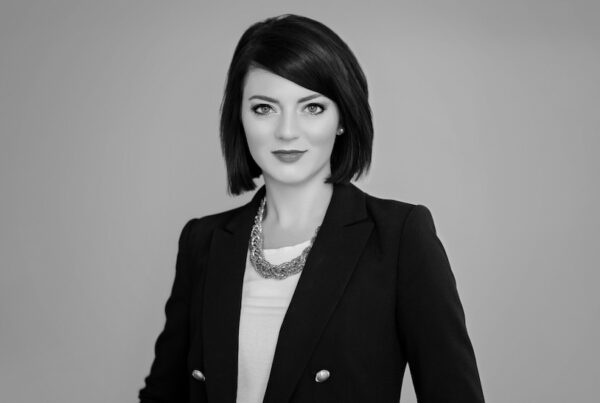News >

Are UAE residents pretend environmentalists?
As the COP21 began, the world’s attention turned not only to Paris and the multiple declarations of good will by world leaders but also to what our collective future is made of. With 2015 about to be declared the hottest year since records began and a recent report stating that the UAE could become inhabitable by the end of the century, there certainly appear to be causes for concern.
A couple of years ago, the UAE’s carbon footprint received the sad accolade of being the world’s largest. Making a desert not only habitable but welcoming doesn’t come easy nor cheap. From water desalination to air conditioning, everything requires human involvement with all the implications that this has. Like the rest of the world, we still rely heavily on fossil fuels for most of our energy needs.
Nevertheless, the UAE has recently announced an ambitious bid to lead in solar and the experience of Masdar is certainly watched by many around the world.
This appears to lull UAE residents in a quiet sense of confidence. OMD’s recent “The Future of the UAE” survey has shown that a third of residents are concerned about the environment, with the 45-54 year olds and non-Arabs showing the most concern. Half of the population worries about the depletion of water, food and energy resources. If Arabs, both Emiratis and expats, show the least concern about the environment, it is largely because they believe the right steps are being taken to reduce the country’s carbon footprint, as 90% of them stated.
What is interesting is that this concern doesn’t necessarily translate into behavioral change. UAE residents certainly express a massive support (8 in 10) of the UAE’s efforts to improve the environment, led by Emiratis (98%) as it is their country’s future that is at stake. However, it seems that the efforts must come from somewhere else than themselves.
If 3 in 4 residents expect to see more hybrid cars on the road, less than 25% declare intending to buy one themselves. Even less (15%) envisage switching to a smaller engine. The UAE is certainly addicted to its cars. This and concerns over the growing traffic congestion and the rising costs of running a car aren’t enough yet to push residents to increase their usage of public transport.
At home, the pattern is replicated. Environmental concerns appear to impact the choice of appliances, particularly washing machines for 2/3 of consumers, but only 8% currently use natural or organic detergents. On the upside, nearly half declare the intention to switch to these in the future.
Packaging and recycling is where the paradox is the most vivid. The large majority of consumers indicate a preference of natural or recyclable packaging, with only 22% stating a lack of interest or concern over packaging contents. They are also overly positive about a brand’s efforts in promoting recycling through the supply of dedicated stations, making 57% happy, 42% more loyal to the brand and positively altering the brand’s image for 37%.
Yet, actively participating in recycling appears to be too much effort at this stage and these good intentions aren’t necessarily converting into new or more positive behaviors, with only 20% considering, or currently, using these recycling stations.
The good news is that this isn’t stopping companies from stepping in and making efforts with the environment.
For example, McDonald’s UAE’s fleet of vehicles will complete 5 million kilometers this December purely on biodiesel. The restaurant chain collects its used cooking oil from its 135 outlets twice a day and, thanks to a partnership with UAE-based Neutral Fuels, converts it into a renewable biodiesel fuel.
According to Neutral Fuels, each liter of cooking oil can make about one liter of biodiesel and sales of the renewable fuel have been increasing every year since 2012.
The more ways we find to ‘green’ our lifestyles and provide viable alternatives, the more consumers will follow as intentions are there. The key is for those alternatives not to negatively impact the lifestyle and comfort to which they’ve grown accustomed.


